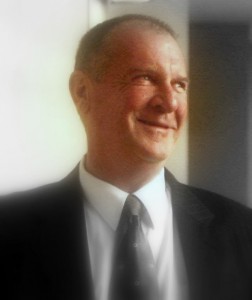An Abridged Version of an Address Delivered at The Spirit of Life Unitarian Fellowship on the 4th December 2011.
By The Rev. Dr Ian Ellis-Jones
‘Everything arises from the mind.’
– Buddha Shakyamuni.
The great esotericist Manly Palmer Hall once wrote, ‘In Buddhism we have what is probably the oldest and most perfectly integrated system of what we now call psychology.’ I think Hall is right. Certainly, there were others before Buddha Shakyamuni whose teachings were psychological in nature, but I don’t know of any other person before the Buddha who had expounded such a clear, coherent, logical and empirically-based set of psychological principles and techniques.
Yes, first and foremost, Buddhism is applied psychology, the aim of which, in the words of the Venerable Ajahn Chah, is to ‘cure disease of the mind.’ The Venerable Narada Maha Thera said something similar when he described Buddhism as ‘a system of deliverance from the ills of life.’ Alan Watts saw Buddhism as ‘something more nearly resembling psychotherapy,’ as opposed to its being a religion or philosophy ‘as these [terms] are understood in the West.’
To read the talk, click here.
 Please join Spirit of Life Unitarian Fellowship in welcoming Anthony Venn-Brown as our speaker on 23 January. Services are held each Sunday as follows. Visitors welcome.
Please join Spirit of Life Unitarian Fellowship in welcoming Anthony Venn-Brown as our speaker on 23 January. Services are held each Sunday as follows. Visitors welcome.